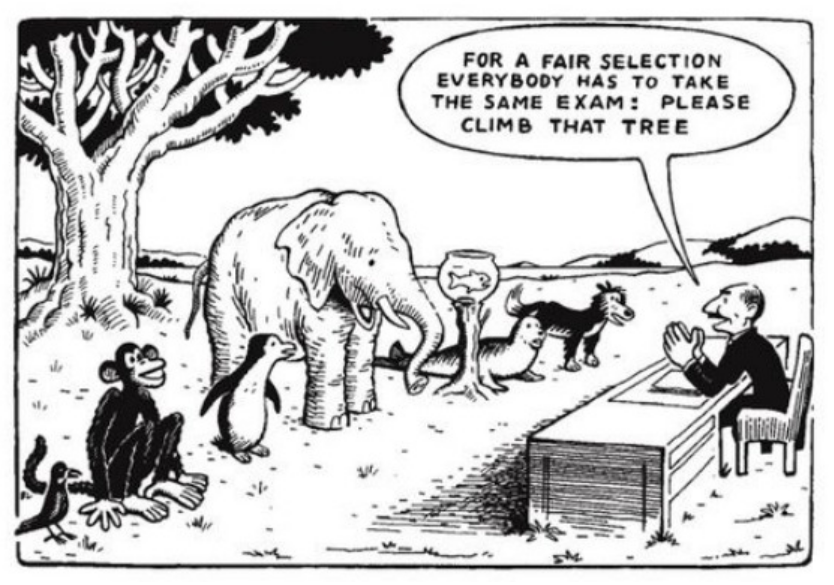Learning Disorders & Mental Health
As summer is ending and families are settling back into school, some students are coming back to the reality that their learning experience may look completely different than that of their peers. Some students may thrive in a traditional academic environment, but roughly 11.3% of Texas students continually fight to learn the same material due to their learning difference/disorder. Learning disorders are diagnosed when a child has difficulty in more than one way of learning, even when overall intelligence is not affected. They can be categorized as Dysgraphia, Dyscalculia, Dyslexia, Processing Disorders, Visual Deficit, and Nonverbal Disorders. Being diagnosed with a learning difference can either be an undertaking to come to terms with or it can be an answer to many questions for families.
Students with learning disabilities are at a higher rate of experiencing mental health difficulties, therefore being aware of the mitigating factors that affect students is important for students in developing coping mechanisms. Students may also be diagnosed with different diagnoses such as Attention Deficit/Hyperactivity Disorder (ADHD), Obsessive-Compulsive Disorder (OCD). These factors in conjunction with poor coping skills, low executive functioning, and stressful life events can result in developing mental health difficulties such as anxiety, chronic stress, substance abuse, and depression. Signs to look out for in your student are: worrying too much, experiencing sudden fear, not liking or wanting to go to school, having mood or anger issues, trouble sleeping, or changes in their appetite.
Steps to move forward? Consult with a licensed mental health professional or attend school/counseling workshops. School failure for children with learning disabilities leads to disassociation from school settings and a negative view on learning. The more proactive parents are in finding a routine and support network for their child, the better prepared students are not only for academic success, but also for developing healthy coping strategies.
— Written by: Madeleine Smith LPC-A
Resources: https://kentuckycounselingcenter.com/are-learning-disabilities-and-mental-health-issues-related/
https://ldaamerica.org/info/mental-health-and-learning-disabilities-why-a-higher-risk/
Image source : https://lacomadre.org/2018/04/students-deserve-an-education-that-is-special-how-instructors-can-accommodate-students-with-learning-differences/

